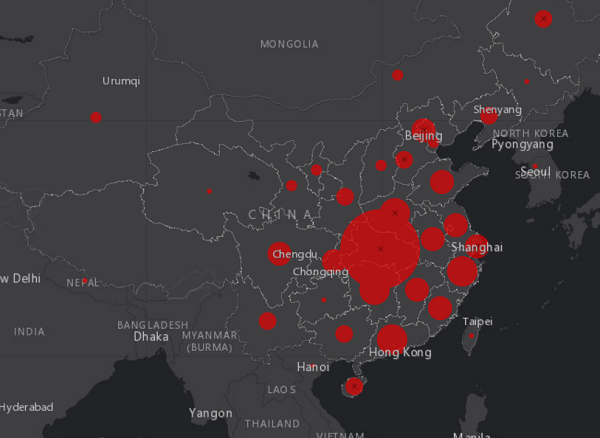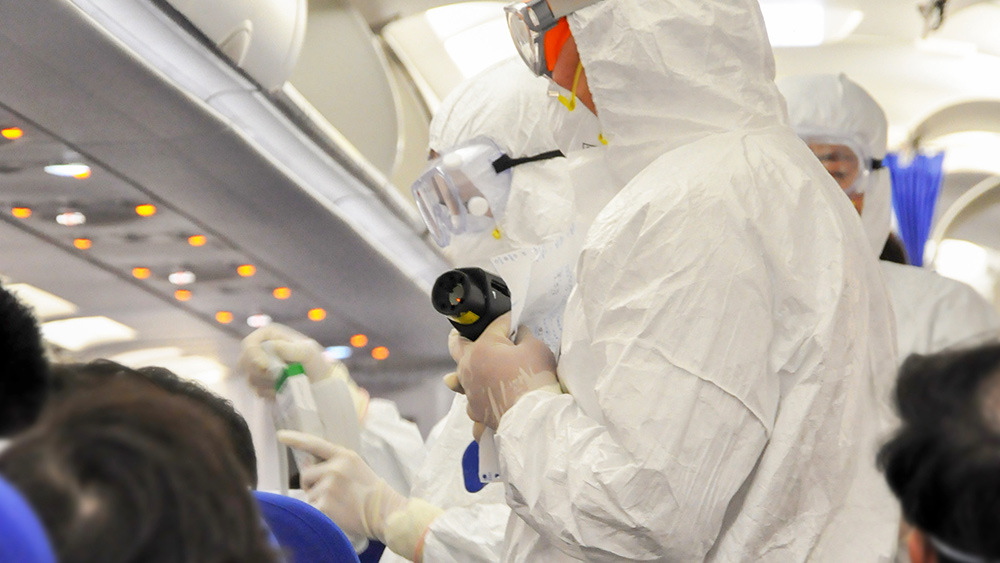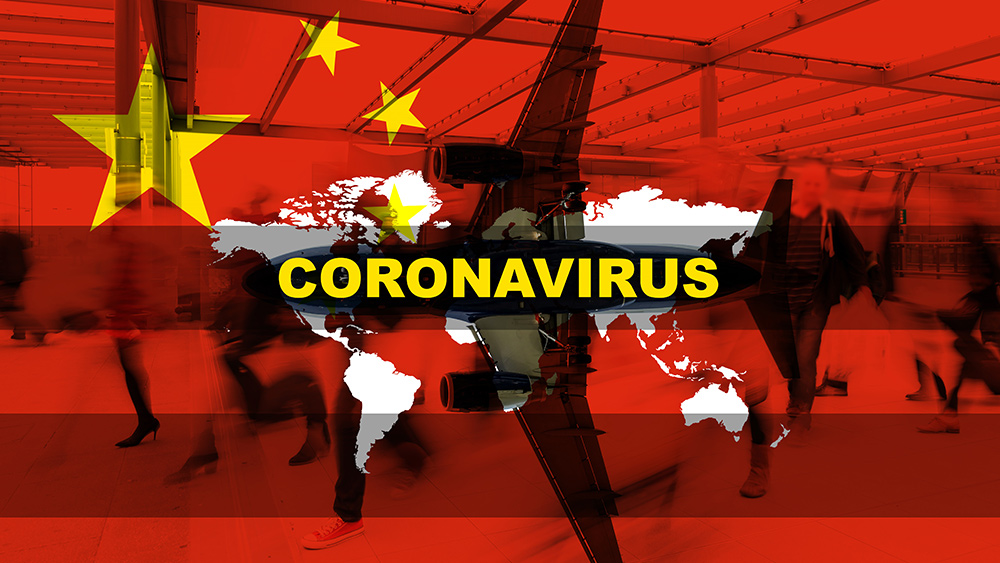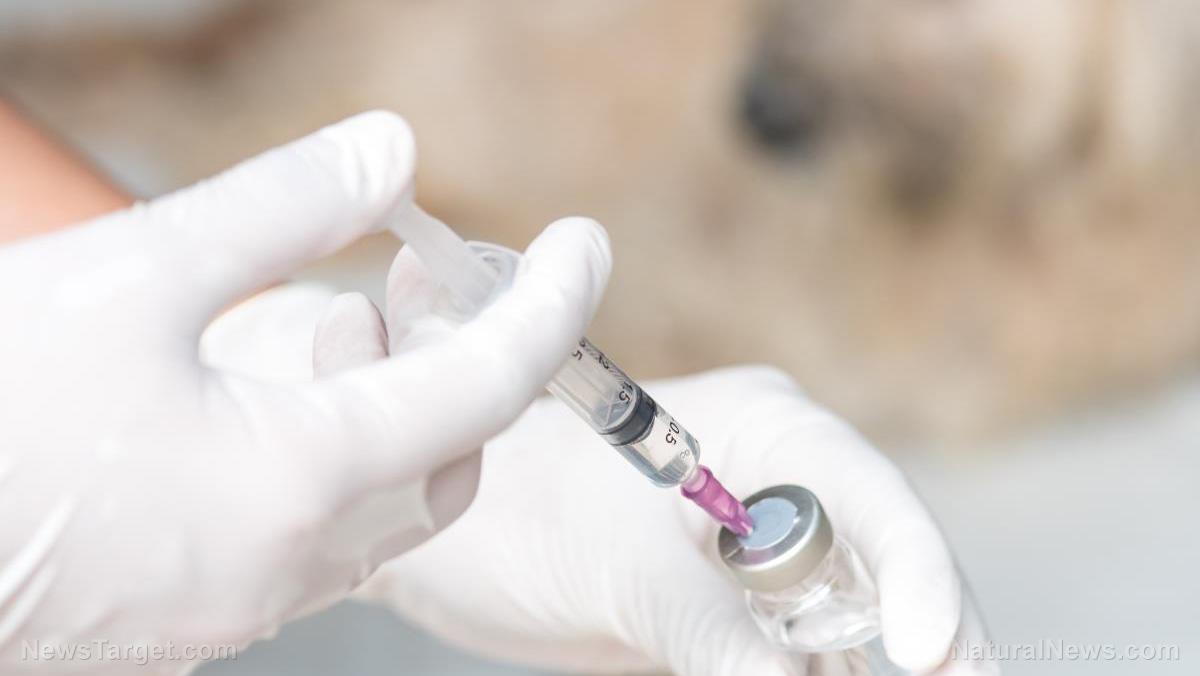Coronavirus emergency supplies are now running out in the United States as outbreak spreads
02/02/2020 / By Ethan Huff

Panic is rising in the United States due to coronavirus, and emergency supplies are consequently in increasingly short supply.
Reports indicate that stores in Brooklyn, New York, are already starting to run out of personal care products, including at least three pharmacies and a local Target that completely sold out of individual-sized hand sanitizer products over the weekend.
These same stores – and likely others – also ran out of disposable surgical face masks, as did Amazon.com, which listed various surgical masks and personal anti-dust masks as being “unavailable.”
“Everyone was buying those pocket bottles because of the China flu,” stated an employee from Brooklyn to Breitbart News about the sharp rise in panic buying.
Such shortages are also occurring in Asia, which is to be expected. Face masks, hand sanitizers, and other products are disappearing from store shelves, and many unscrupulous businesses that still have them are reportedly spiking their prices.
Chicago is also reporting shortages of face masks and other emergency supplies, particularly in Chinatown where people have been lining up outside for the chance to purchase what few supplies remain.
“By early afternoon Friday, the lone Walgreens in Chinatown was sold out” of face masks, reported the Chicago Tribune (as republished by Breitbart News).
“Meanwhile, some events celebrating Lunar New Year were canceled, and restaurant owners in the community complained of waning business.”
The global drug supply is also at risk of shortages due to coronavirus
Emergency supply shortages are also being reported in Toronto and elsewhere as new cases of coronavirus emerge pretty much across the globe at this point, raising fears of a global pandemic.
And it’s not just emergency supplies that are waning: Life-saving drugs are also being bought out, which some worry could create global shortages for pharmaceuticals.
“This outbreak just underscores what can happen in a worst-case scenario,” says Amesh Adalja, an infectious disease physician at the Johns Hopkins Center for Health Security.
“Any kind of supply shock or instability would render the drug supply vulnerable,” he added. “With this outbreak, it is concerning whether or not the stability of our supply chain will remain intact.”
Keep in mind that even though Wuhan isn’t China’s largest hub for manufacturing pharmaceuticals, it is a major center for bio-pharmaceutical research and development. And as of this writing, all travel in and out of the city has been halted, which means no drugs are leaving its boundaries.
Since raw ingredients are shipped by China to pharmaceutical production facilities all across the world, including in the United States, the Food and Drug Administration (F.D.A.) requires that any supply disruptions be immediately reported. At this time, however, the agency says it has not received any such reports.
“At this time, manufacturers have not reported any impact and we will continue to be in communication with manufacturers,” the agency said in a statement.
On the flip side, there’s currently no publicly available information about what percentage of pharmaceutical medicines originate in China, or even where its factories are located. So, China could simply be withholding the truth about supply shortages from American regulators, which could eventually take everyone by surprise.
“One of the big unknowns is how many products are sole-sourced – in which literally only one place in the world makes that raw material,” says Erin Fox, a pharmacist and expert on drug shortages from the University of Utah Health.
“We don’t have good information on that at all,” she further added.
China is currently home to about 15 percent of the world’s facilities that manufacture active pharmaceutical ingredients for some 370 “essential” drugs. The U.S., on the other hand, claims 21 percent of such facilities.
For late-breaking news about coronavirus, visit Outbreak.news.
Sources for this article include:
Tagged Under: China, coronavirus, deadly, disease, emergency medicine, emergency supplies, face masks, Gear, hand sanitizer, infection, medical supplies, outbreak, pandemic, shortage, supplies, survival gear, transmission, Wuhan

















